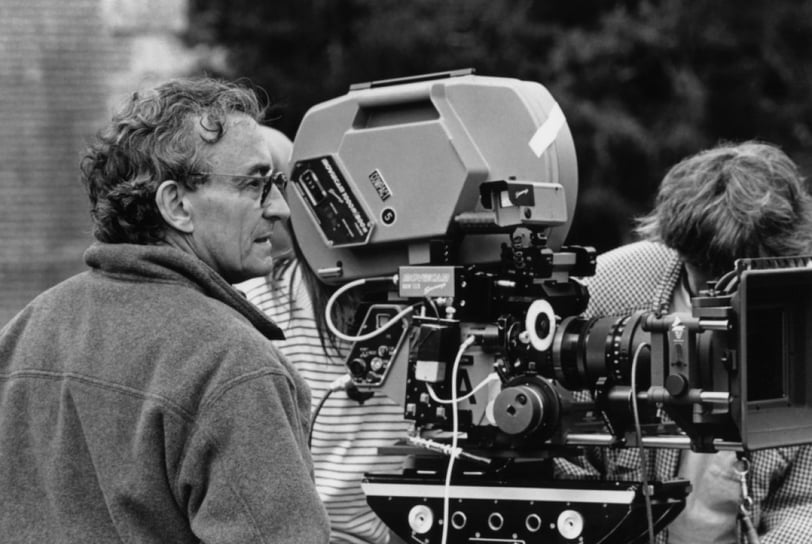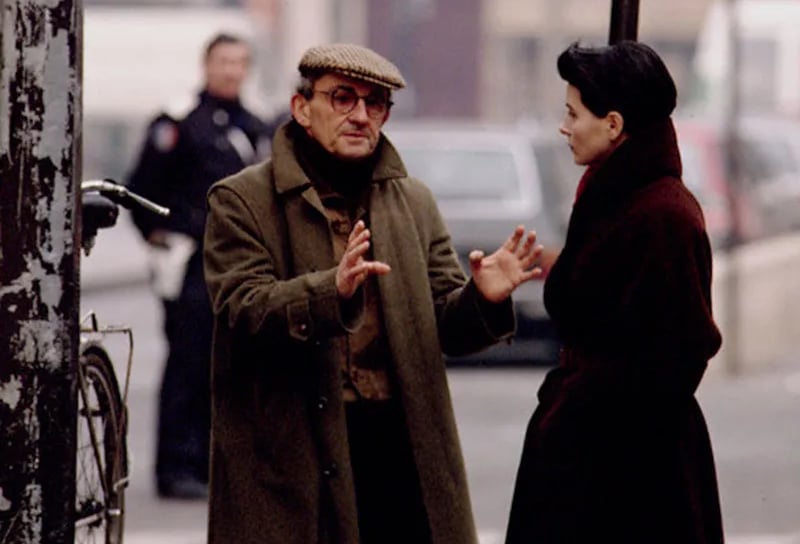Only for my family and close friends.
Louis Malle, 1932–1995 (aged 63), France
A filmmaker who never made the same film twice — bold, elegant, and deeply human.
DIRECTORS
5/25/20252 นาทีอ่าน


Louis Malle was one of France’s most unique and courageous directors. He didn’t belong to just one movement or style. Each of his films explored new subjects, emotions, and ways of telling a story.
His work moved from jazz-filled thrillers (Elevator to the Gallows) to delicate tales of childhood (Au revoir les enfants), and from intimate portraits of addiction (The Fire Within) to bold political stories (Lacombe Lucien).
Malle was never afraid to deal with tough subjects like war, guilt, betrayal, or growing up.
Louis Malle was never afraid to confront the difficult truths of history, and that courage made him both admired and controversial. In 1974, his film Lacombe Lucien shocked France. It tells the story of a French teenager who joins the Gestapo during World War II—not out of ideology, but from confusion and boredom.
This deeply human but disturbing portrayal of collaboration unsettled many in a country still struggling with the legacy of Vichy. Critics accused Malle of showing too much sympathy for a traitor. The backlash was so intense that he left France for the United States, where he continued his career with powerful English-language films like Atlantic City and My Dinner with André.
Earlier in his life, Malle had already made history by co-directing The Silent World (Le Monde du Silence) in 1956 with Jacques Cousteau. This groundbreaking underwater documentary won both the Palme d’Or and an Oscar and introduced the deep sea to millions of viewers. Malle, only 23 at the time, brought a cinematic eye to the world of marine exploration.
Through both fiction and documentary, Louis Malle asked viewers to confront uncomfortable realities. In today’s polarized world, his work remains a lesson in moral complexity, empathy, and the power of bold storytelling.
Why watch his films today, in 2025? Because they still speak to us. His characters feel real, confused, honest — just like people we know. His cinema reminds us that beauty can come from quiet moments, and truth can come from doubt. At a time when many movies feel loud and artificial, Malle’s work feels like a breath of fresh air — thoughtful, moving, and timeless.
His films are not just part of French heritage — they are part of world cinema’s memory. They help us feel, think, and remember. They are treasures worth rediscovering, especially by younger generations curious about real stories.
Four essential films to understand Louis Malle:
Au revoir les enfants (1987)
Le Feu Follet (1963)
Ascenseur pour l’échafaud (1958)
Lacombe Lucien (1974)


